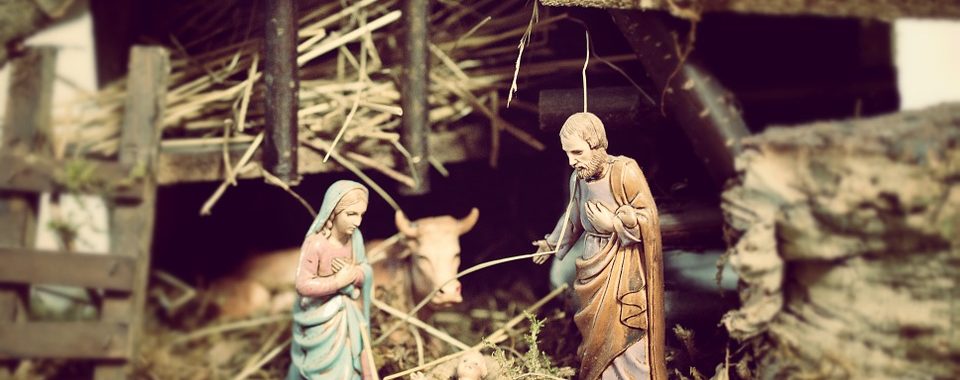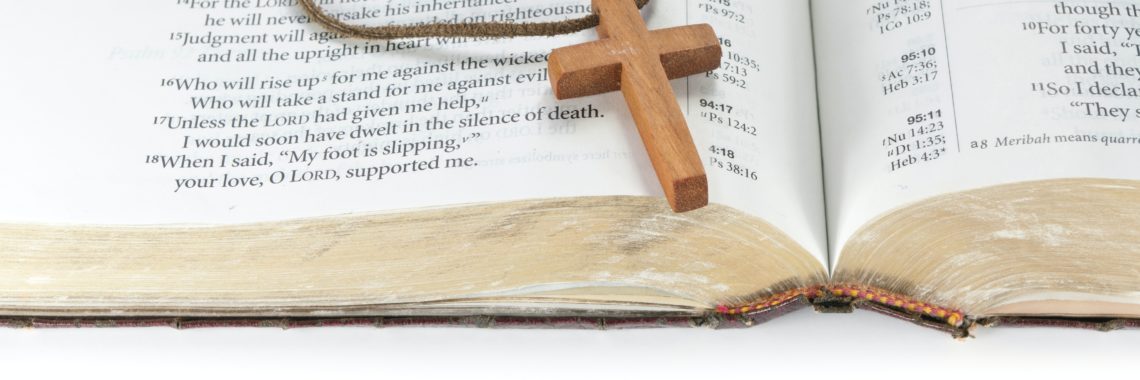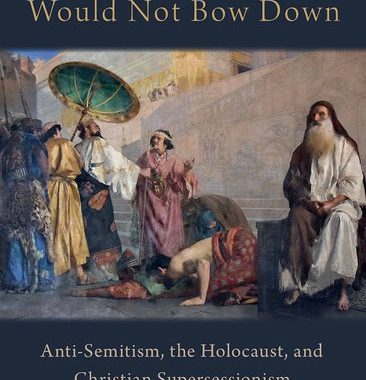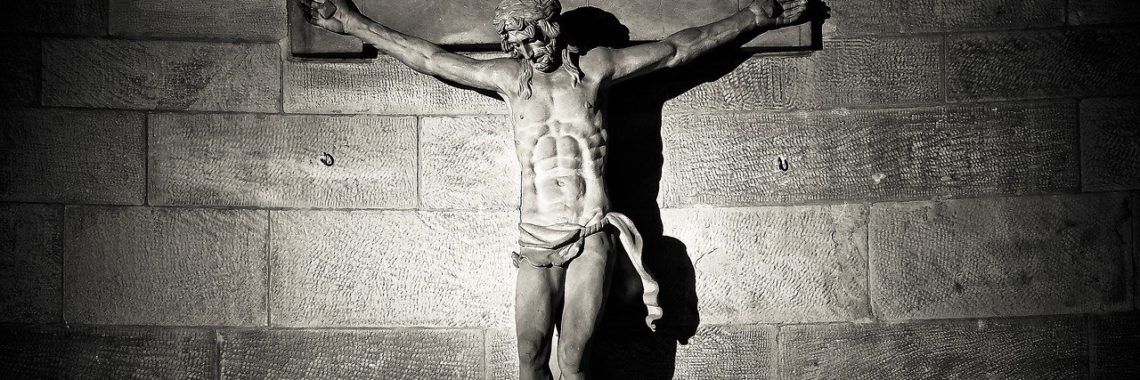“There is no First Amendment Exemption in Contracts Generally or in the Federal Arbitration Act: It Would Be Poor Policy (and Maybe Unconstitutional) to Have One” by Michael J. Broyde
Photo of Manhattan by wiggijo on Pixabay (CC0) A virtual conference sponsored by Canopy Forum of the Center for the Study of Law and Religion at Emory (CSLR) featuring scholars, experts and practitioners on the topic of religious arbitration. View the full video and browse all essays here. “There is no First Amendment Exemption in Contracts…









